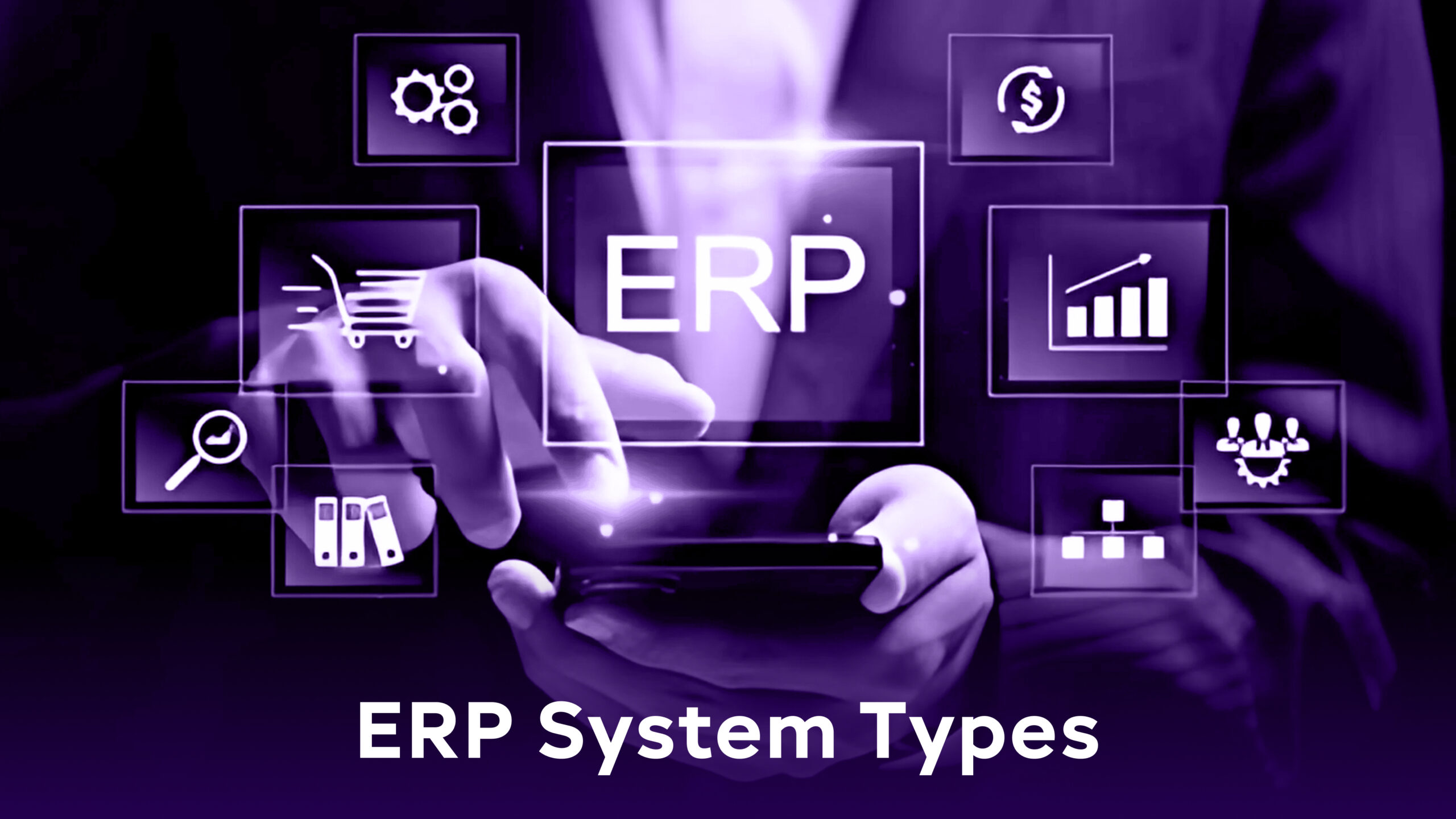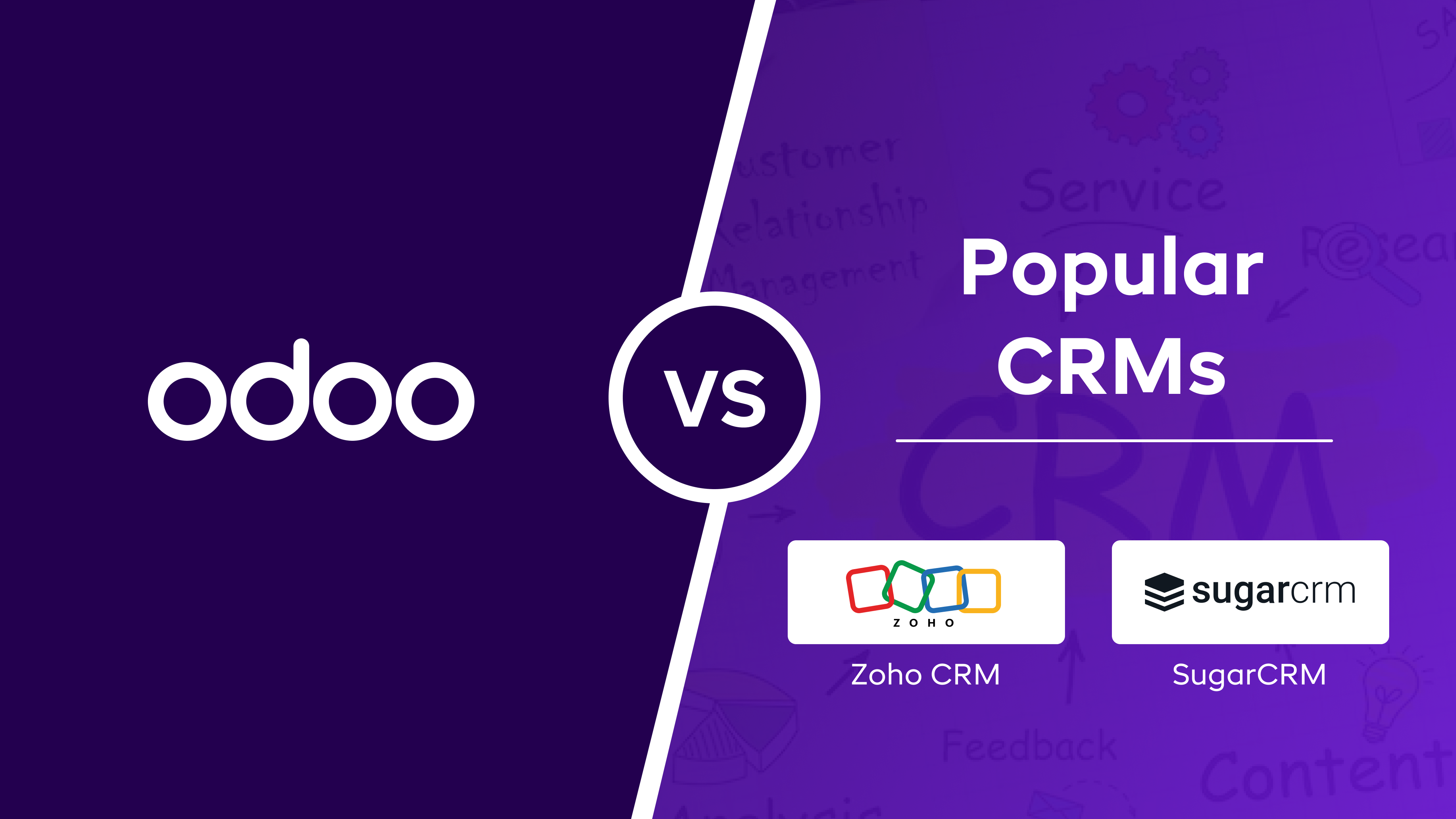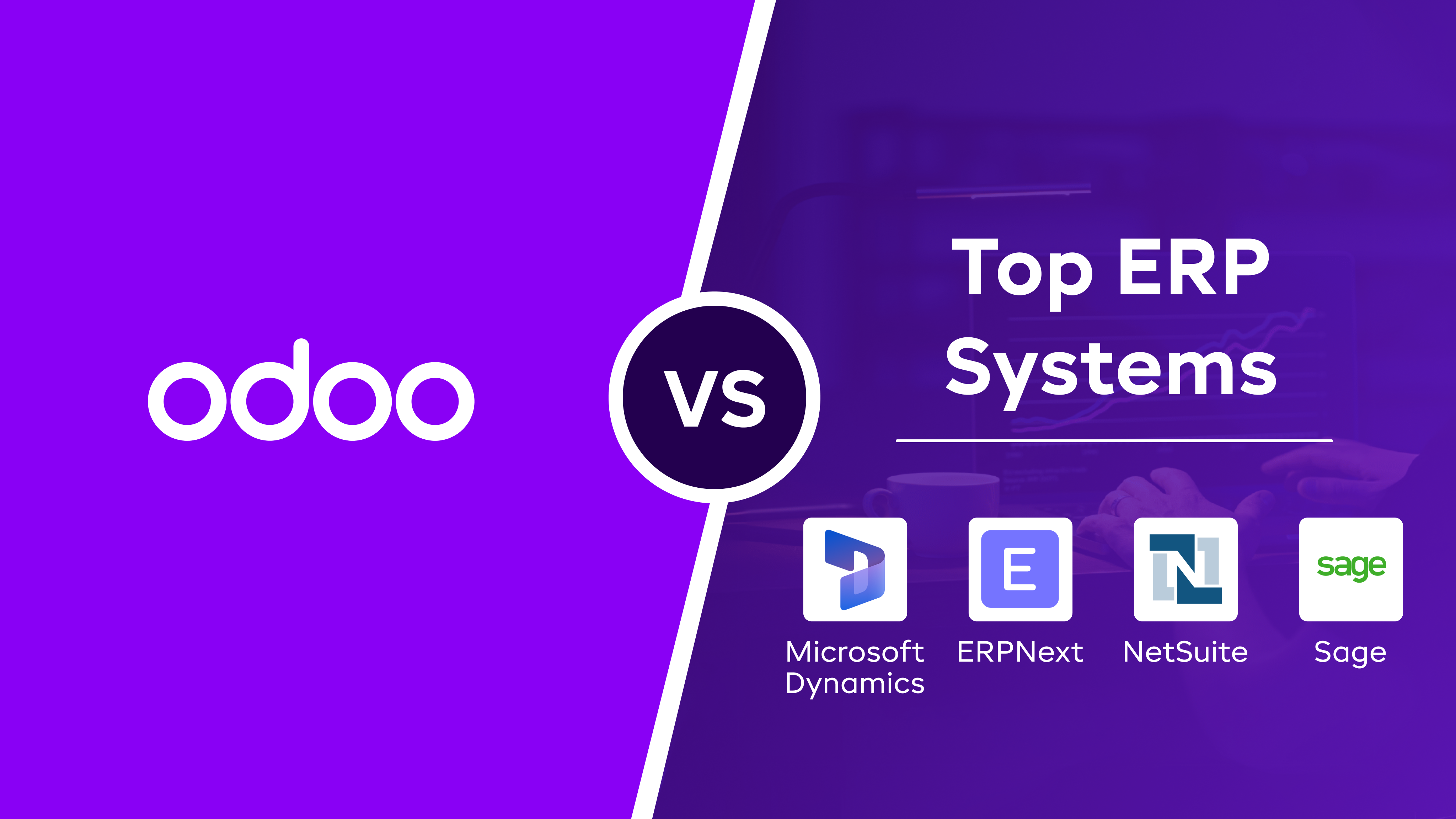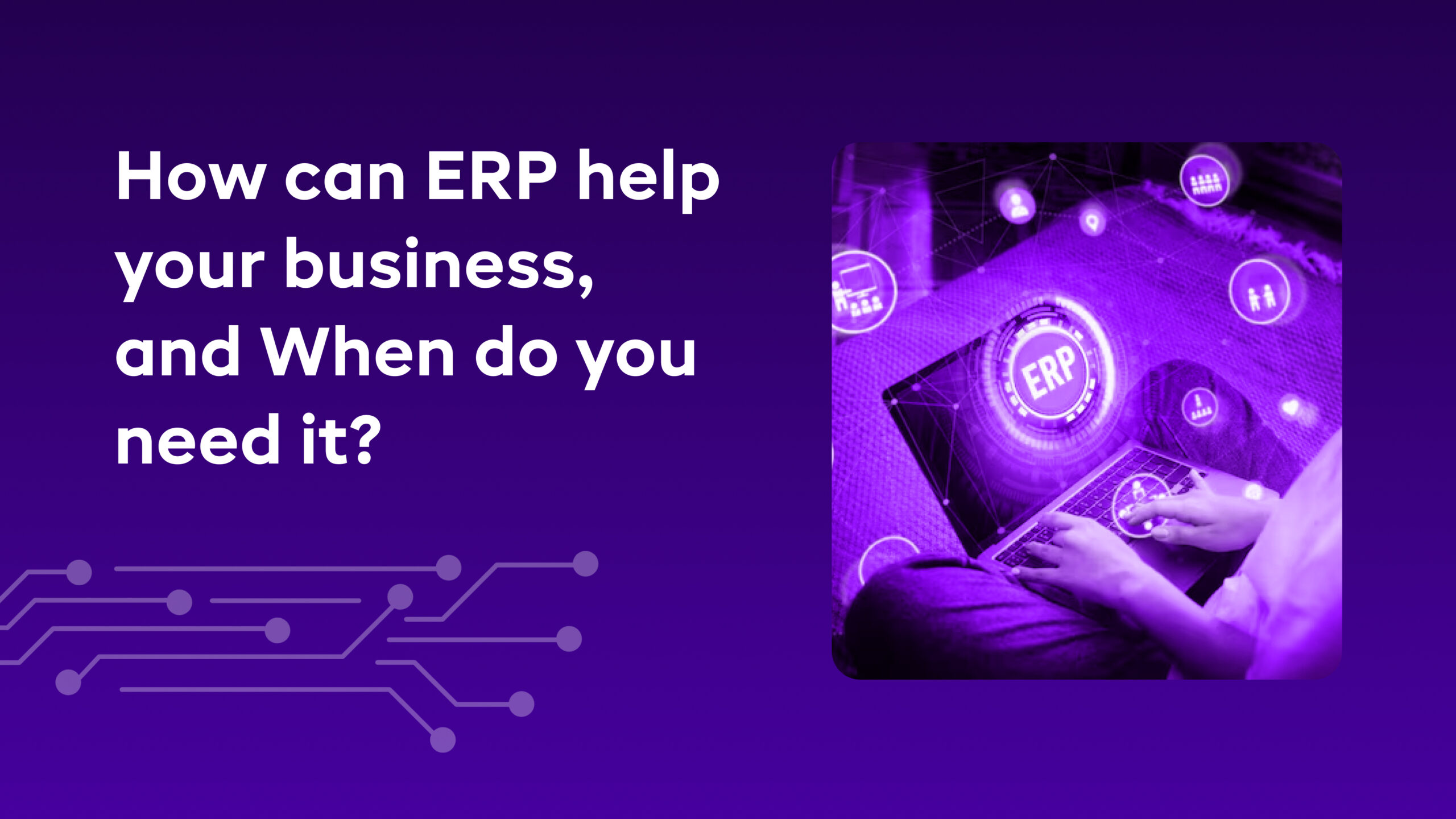What are the Features and Types of ERP Systems?
Published on January 2nd 2023

Summery
ERP is a system that can be used by companies for managing their daily activities. These daily activities consist of project management, accounting, risk management, and procurement. An ERP system amalgamates all the business processes together and create a smooth data flow. In today’s world, ERP systems are extremely important for managing business of all sizes belonging to different industries. ERP is power-packed with various features that could take your business to the next level. There are also various types of ERP systems on the basis of which you can pick them for your business.
Top Features of ERP Systems
ERP systems act as one of the most significant part of your business. It consists of numerous benefits for your business. When compared to other systems, ERP systems are much more reliable and better. Here are some of the features that make ERP system stand out of the lot.

Common Database
One of the major reasons behind ERP’s popularity is its common database. With this database, organizations can amalgamate all the information from different departments. There is no need to merge separate databases as it offers real-time data. A common database offers you with a consistent, cross-functional view of the company.
Constant UX/UI
With an ERP system, everyone gets to use the same user interface across all the departments having a similar user experience. Here, all the modules be it for HR or sales have a similar look, feel, and functionality. The reason behind this similarity is that it is offered by the same vendor. Due to this, there is an increase in the use of these systems.
An ERP system is widely known for making processes easier for your employees and the business altogether. Having a constant UX/UI boosts your efficiency and also helps your users to find and understand information about your organization and the entire business.
Business process integration
An ERP system is supposed to support all your business processes and make it a successful one. The right platform is capable of uniting all different business processes in to one. It is all about connecting the workflow that could boost your businesses productivity and visibility.
Automation
ERP systems are capable of automating all your repetitive business processes like invoicing, payroll, reporting, etc. With the help of this system, you can avert duplicate entries, minimize errors, and reduce manual work. This automation of work helps your employees to focus on quality work and make the best use of their knowledge and skills.
Data analysis
One of the most essential features of an ERP system is its ability to break down the information. You can unravel both the areas that are working well or not working well for your business by mixing and matching the data. With this, the higher authorities get a chance to analyze certain problems and solve them in less time.
Types of ERP systems
Generally, ERP systems differ based on the company size they are meant for and the type of infrastructure they will work on. Each ERP system has specific features meant for different industries.

On-premises vs. Cloud vs. Hybrid
One of the first ERP systems was firstly sold in the 1970s and was in fashion till the late 1990s. Presently, ERP runs on cloud systems and are maintained by a service provider or a vendor. Here, the user can make use of this software through internet from their desktops or mobile devices. Some ERP systems work on a hybrid model and make a combination of cloud and on-premise model.These different types of ERP deployment models or systems have a major impact on the capabilities, user-friendliness, cost, implementation speed of an ERP product.
Talking about the on-premise ERP, here you need to pay in advance along with a software license meant for a specific number of users. Generally, it takes much longer to implement, as the projects can take years to complete. Not only that, but even the upgrade to new system is a bot slow too. One of the biggest advantages of an on-premise model is its ability to be customized for meeting specific business needs. It is also easier to integrate with other on-premise systems, such as warehouse systems and factory automation.
When it comes to cloud ERP, here you don’t need to pay much upfront money as it works on a monthly subscription model. But, after some time, the fees could cost more than a license. One of the best ways to save money is to opt for SaaS ERP. This cloud ERP system shares the same software copy with different customers. Due to this factor, it is more affordable and lets the vendor have some savings too. When compared to other ERP systems, SaaS ERP seems to be more streamlined and easier to use.
Some ERP systems are power-packed with certain features that are required in certain industries like automotive, retail, and food & beverage. Most of the time, ERP vendors team up with a software developer to acquire the expertise needed for creating add-ons for a general-purpose ERP system.
Small businesses vs. Mid-market vs. Large enterprises
Talking about the small business market, here some vendors work on entry-level ERP. This entry-level ERP comes with some modules like finance, HR, and CRM. These modules are quite easy to implement.Another one is the mid-market. While there are several definitions for mid-market, but generally it refers to a company having more than a hundred employees. Mid-market ERP consists of more modules like WMS and SCM. When compared to entry-level ERP, Mid-market is capable of accommodating more users. There are some entry-level ERPs that sell to both small and mid-market businesses. Mostly, these are combined as SMBs.
The last but not least is large enterprises. Any company with more than $1 billion in revenue and thousands of employees is considered to be a large enterprise. Enterprise ERP systems consist of many modules with greater abilities. These modules are capable of handling hundreds or thousands of users.
Want to start a project with us?
Empowering businesses to achieve greatness through strategic guidance and innovative solutions.
Conclusion
ERP systems are power-packed with numerous features for your business. It is on you to decide if it matches your business requirements or not. There are various types of ERP systems available in the market. You can pick the one that suits all your needs.
We hope this blog on types of ERP systems will help you understand it in a better way. If you have any questions or queries regarding the same, please feel free to share it in the comments.

About Author


